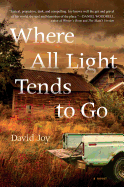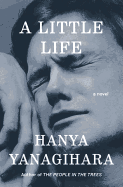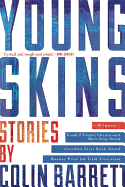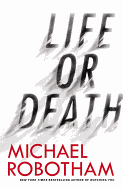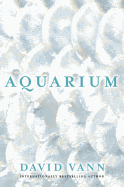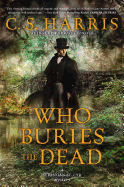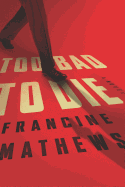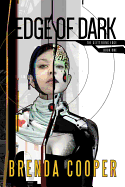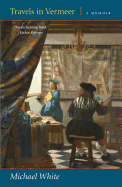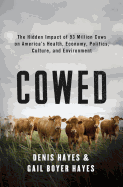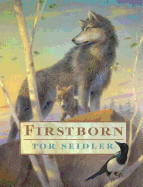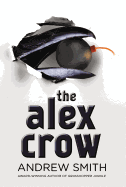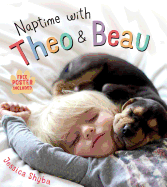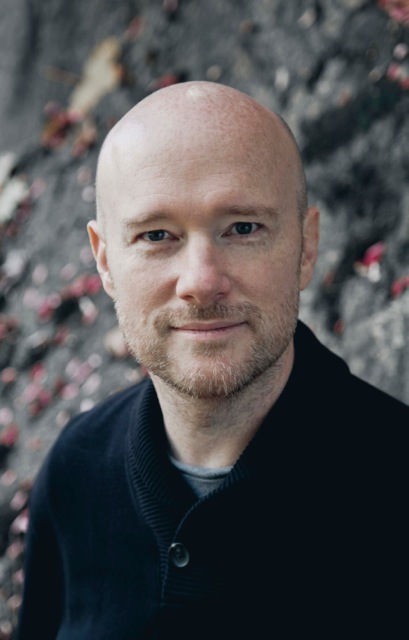 |
| photo: Rana Faure |
Dashiell Hammett Award winner Olen Steinhauer is a Fulbright scholar who lived for more than a decade in Europe, which often serves as a setting for his spy novels. The first, The Bridge of Sighs, was published in 2003. He's best known for his Tourist trilogy featuring spy Milo Weaver. Steinhauer's 10th and most recent novel, All the Old Knives, is a cat-and-mouse tale that unfolds between two spies over one dinner.
While reading All the Old Knives, it was fascinating to figure out Henry's and Celia's end games, to discern who was playing whom. Since you've said you sometimes don't know where your stories are headed, what surprises did you encounter while writing this?
Knives was different in that I had most of it in my head before I even started writing--and I was pretty sure who was playing whom--but the question of "why" took the longest to figure out. I tried a variety of solutions, many of them pretty complex, before settling on the simplest of explanations. And then I had to figure out how the story would resolve itself, which turned out to be a surprise to me. Another surprise, which I ended up slipping into the text almost without noticing it, was that later on all of this would be revisited by the FBI, a fact that's only hinted at.
What were some of the challenges in writing first-person narratives of two characters who may or may not be opponents?
I've done multiple-perspective stories plenty of times, but usually in third person. However, I write a very close third-person voice, where you only know what any particular character knows, so a lot of the challenges were the same. The primary challenge is to tell the same story from different perspectives without succumbing to repetition. First-person, particularly in a story like this, presents the additional challenge of writing characters who know a lot more than they're telling, which means you have to carefully direct their monologues so the reader doesn't feel like he's being cheated. It's a balancing act--be free with your character's story but not so free that you're giving away the secrets.
Did you find yourself liking one more than the other at times? Did your alliance shift depending on whose chapter you were writing?
Yes, I did move back and forth. Even though I knew, in general terms, the story I was telling, the details--the actual meat of the story--came along in the writing itself. Unlike some novelists, I don't come up with character studies or the like, so it's while I'm writing that I meet and get to know my characters, their likes and dislikes and histories. Each time I learn something new about them, I like them a little more, until by the end I like everyone equally. It was the same here. As far as my allegiance, it's always with the story more than the characters, whom I admittedly treat poorly.
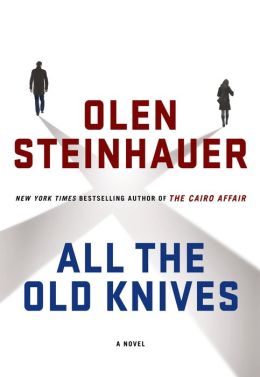 Did Celia need to leave Vienna and the shadow world in order to get married and have kids, or could she have done that and remained an effective spy?
Did Celia need to leave Vienna and the shadow world in order to get married and have kids, or could she have done that and remained an effective spy?
I don't think she needed to--married agents with kids do exist--but she wanted to. Getting married and having kids was less her goal than a means to leave the shadow world, which was what she really wanted, particularly after the disaster at Vienna Airport. She'd had enough.
Must a good spy be rootless?
I'm not sure. I've written characters who are rootless, but that's usually because I'm writing characters who, like me, feel rootless and desperately want to be tied to something. In lieu of anything else, my characters try to find roots in their career. I do think a field agent needs to be comfortable in unexpected locales and situations, but it could be that having strong familial and national roots is the best way to remain secure in yourself when your life keeps throwing you curveballs.
Have you ever received feedback from a real spy about your work?
Not directly, but I've received Facebook likes from retired officers who have worked in the field. My books once received some very critical attention from the CIA's in-house journal, but what I've noticed over the years is this: The analytical part of the CIA, in Langley, notices the details I get wrong, while the part that works overseas, collecting information through personal relationships with assets, tends to be more generous with my work. Which is okay with me, since my interest lies less with the details of protocol (which I still try to get right) than with the psychological reality of running agents in foreign locales. Of course, I'd love to be appreciated by all, but we don't always get what we want.
While living in Eastern Europe, you existed in what you called a "third culture," in which you were neither a local nor a tourist. Was it like that when you moved back to the U.S.?
When you're a novelist, no matter where you live, there's always a bit of "third culture," simply because you work from home and live so much of your life in a fantasy world. And, yes, for a little while after returning, I felt like I was living in the same bubble I'd existed in in Budapest.
But it's been so much harder to maintain that bubble. The practicalities of American life, the monster that is American health insurance, the constant salesmanship of consumer society (which in a foreign country you're really separated from), negotiating the education system for my daughter, the roller-coaster ride of finding a house--all these things have shattered my bubble. It may be a good thing in the long run, bringing me closer to reality, but the way it's interfered with my writing habits has been difficult.
Since the deal with George Clooney and The Tourist fell through, has there been any other progress toward turning the Milo Weaver books into movies?
Last year or so, The Tourist was picked up again, this time by Sony, but I don't know that anything's been done with it. This is the nature of the beast--books are optioned in moments of excitement, and unless things coalesce quickly, the excitement begins to fade.
Which is why I'm happy that All the Old Knives was optioned by producers Nick Wechsler, Steve Schwartz and Paula Mae Schwartz. They like to move quickly, and very soon after me writing the script they were able to recruit the wonderful director Neil Burger and are now casting. That, as far as I can tell, is how to get things done in Hollywood: Move fast. --Elyse Dinh-McCrillis, crime-fiction editor, The Edit Ninja
Olen Steinhauer: Spinning Stories in the Shadow World
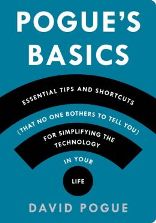





 Did Celia need to leave Vienna and the shadow world in order to get married and have kids, or could she have done that and remained an effective spy?
Did Celia need to leave Vienna and the shadow world in order to get married and have kids, or could she have done that and remained an effective spy? 